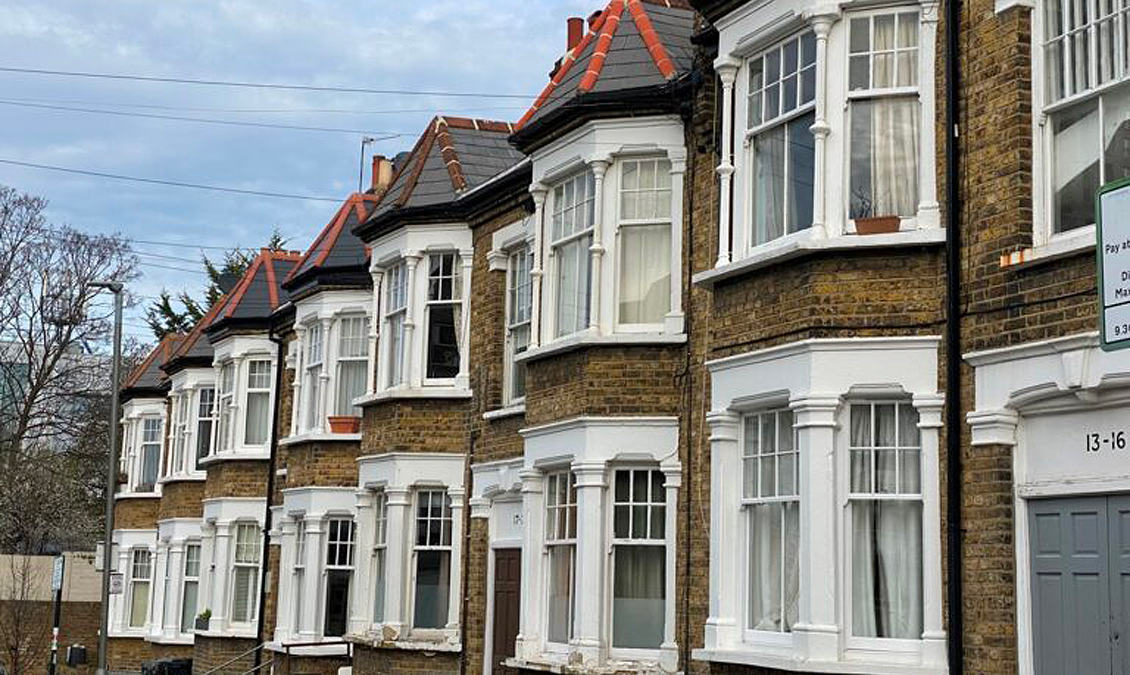I am sharing my thoughts in response to the growing public concerns about the necessary professional qualifications for conducting a pre-purchase Structural Engineer’s Report for residential property purchases. Such reports play a vital role in the decision making process for both the buyer and the lender so are vitally important. There is currently far too much criticism of the profession as a consequence of insufficiently qualified persons undertaking such reports and often without any form of professional Indemnity Insurance.
Pre-purchase Structural Engineers Reports are frequently called for during the sale of residential property on matters such as cracks, fears of subsidence or settlement or general structural problems noted but not diagnosed in a Chartered Surveyor’s report. These reports are primarily for mortgage purposes or RICS Level 1 or 2 Surveys.
The qualifications required for preparing reports by institutional lenders and building insurers can vary significantly. While Chartered Building Surveyors were once commonly tasked with this role, Chartered Structural Engineers are now often preferred. However, both lenders and property buyers often mistakenly believe that these inspections and reports are conducted by fully qualified, expert, and experienced Chartered Engineers.
Prospective clients often draw parallels with consultations involving top medical professionals, like an orthopaedic surgeon, who they expect to be highly qualified. They do not expect the patient, in our case, the property, to be evaluated by a junior doctor who merely discusses their findings with a senior colleague before the latter signs off on the prognosis.
For 35 years, my practice, SERL, has always used Chartered Engineers for such important pre-purchase reports, though this is not common. It often surprises prospective clients to learn that these inspections can be conducted by junior staff members, as long as a Chartered Engineer within the same organisation reviews and signs off the report. This process ensures the report meets lenders’ requirements if appropriate.
It is common for multiple staff members to be involved in the somewhat leisurely handling of “subsidence claims” for property owners and insurers. However, I argue that this approach is not appropriate for point-of-sale reports for the following key reasons:
a) Pre-purchase Inspections and reports are normally urgent and arise immediately prior to exchange of contract or at the eleventh hour when mortgage offers are urgent. They are “one offs” with little time for reflective thought or involving others.
b) Pre-purchase Inspection and reports are quite unlike Subsidence claims or general advice to owners since there is no practical prospect for investigations, monitoring of cracks or soil testing.
c) Reports require a lot of knowledge and expertise to determine likely the cause of structural issues with little time to “dig deeper”.
d) The financial and contractual importance of an expensive property purchase should be matched by the importance of the expertise and qualifications of those advising.
e) The need for a Structural Engineers Report has already been identified by a Chartered Surveyor so it now requires a more expert and experienced set of eyes than the Surveyor.
f) Third party Lenders and Insurance companies are relying on the same advice that we provide the prospective buyer, so they are entitled to assume it is an experienced and qualified opinion.
g) My practice, SERL, has encountered some truly shocking reports prepared by inadequately qualified individuals. These reports are rejected by lenders and insurers, damaging the reputation of our esteemed institution.
My proposal
I propose that such reports should only be carried out and signed by a fully qualified Chartered Engineer, not a graduate or technician Engineer. This is normally a Chartered Structural Engineer with qualifications CEng MIStructE. Alternatively some Civil Engineers have relevant residential building experience so the qualification CEng MICE may be applicable where experience applies.
For the reasons set out above and with no disrespect intended to less qualified Engineers, the pressures of time and the need for a “one off” inspection and reports does not allow for a process of less qualified people carrying out inspections and the matter then being referred to a more senior person in the office for signature.
Simon Pole BSc CEng FIStructE MICE MRICS MAE
Simon is a dedicated Structural Engineer. He actively conducts daily Structural Engineers Reports for clients covering the Greater London area. He is extensively involved in numerous professional interest groups and has lectured widely to Structural Engineers, Surveyors, and Party Wall professionals.
His voluntary contributions to the Institution of Structural Engineers include helping graduates prepare for their professional examinations and advising the professional conduct committee on matters within his expertise, as well as on general ethical and professional standards.




